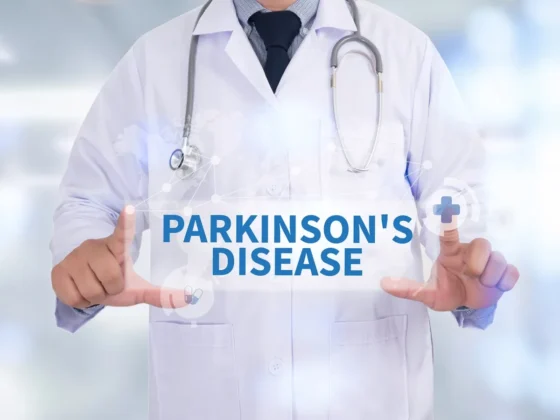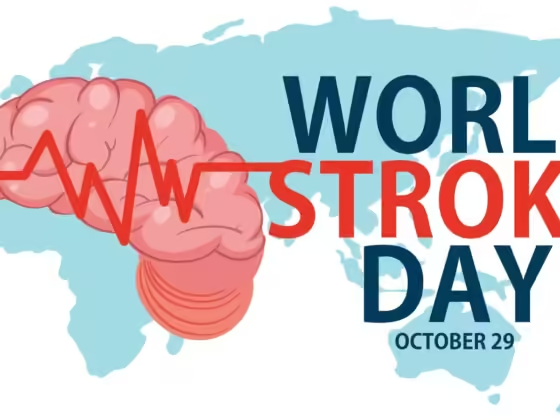New Delhi, August 30: Endometriosis, a condition where tissue similar to the uterine lining grows outside the uterus, has long been associated with pelvic pain and infertility. However, recent studies have revealed a more concerning link: an increased risk of heart attack.
The Connection Between Endometriosis and Heart Disease
Research suggests that women with endometriosis may be at a significantly higher risk of developing heart disease compare to women without the condition. A meta-analysis published in the journal Gynecology & Obstetrics found that women with endometriosis had a 35% increased risk of heart attack compared to women without the condition.
Why is Endometriosis Linked to Heart Disease?
The exact mechanisms underlying the connection between this condition and heart disease are not fully understood, but several factors may contribute:
- Inflammation: Endometriosis is associate with chronic inflammation. Which can damage the blood vessels and increase the risk of heart disease.
- Hormonal Factors: Estrogen, the female sex hormone, plays a role in both endometriosis and heart disease. Hormonal imbalances may contribute to the increased risk of heart disease in women with EM.
- Blood Clots: Endometriosis can increase the risk of blood clots, which can lead to heart attack and stroke.
- Obesity: Women with EM are more likely to be overweight or obese, which is a known risk factor for heart disease.
Recognizing the Symptoms
The disease can cause a variety of symptoms, including:
- Pelvic pain: Pain that is often describe as cramping or stabbing, and may worsen during menstruation.
- Heavy bleeding: Excessive menstrual bleeding or bleeding between periods.
- Pain during or after sex: Painful intercourse can be a common symptom of EM.
- Infertility: EM can make it difficult to conceive.
- Fatigue: Women with EM may experience fatigue and tiredness.
If you are experiencing any of these symptoms, it is important to see a healthcare provider for a diagnosis. Early diagnosis and treatment can help to reduce the risk of complications, including heart disease.
Managing Endometriosis and Reducing Heart Disease Risk
While there is no cure for the condition, there are several treatment options available to help manage the condition and reduce the risk of heart disease. These may include:
- Pain medication: Over-the-counter or prescription pain medication can help relieve pelvic pain associated with EM.
- Hormone therapy: Hormone therapy can help to regulate hormone levels and reduce the growth of endometrial tissue.
- Surgery: In severe cases, surgery may be necessary to remove endometrial tissue.
Read Also – Understanding the Connection Between Sleep and Heart Attack Prevention
In addition to managing the condition, women with the condition should also take steps to reduce their risk of heart disease. This includes eating a healthy diet, exercising regularly, maintaining a healthy weight, and not smoking. Endometriosis is a serious health condition that can increase a woman’s risk of heart disease. By recognizing the symptoms of the condition and seeking appropriate treatment, women can help to reduce their risk of heart attack and improve their overall health.










